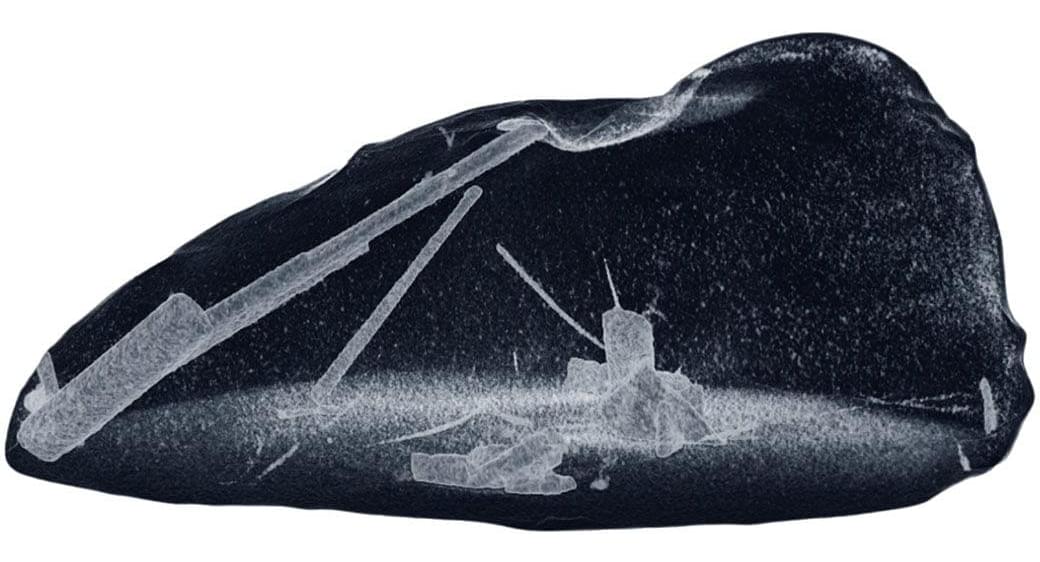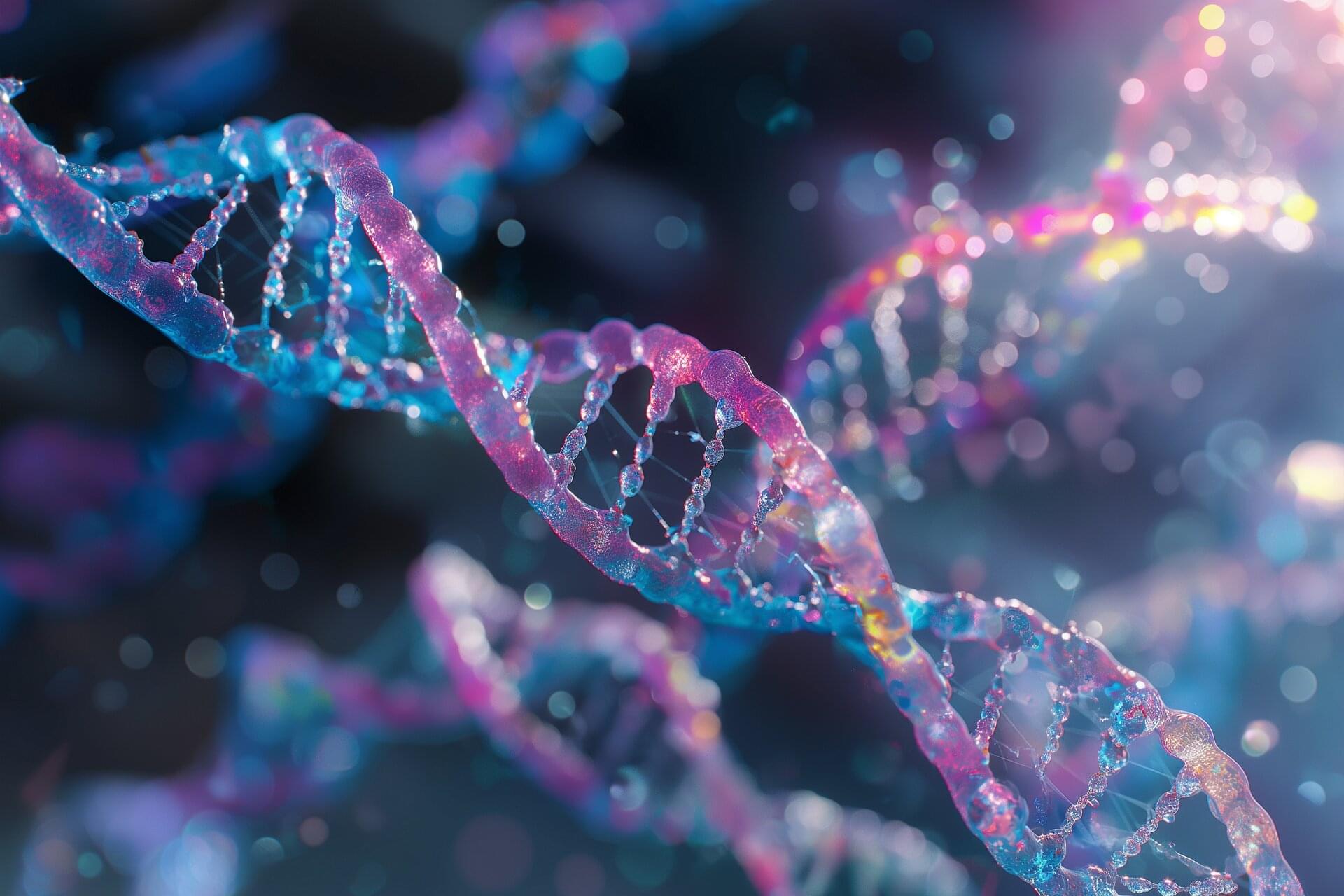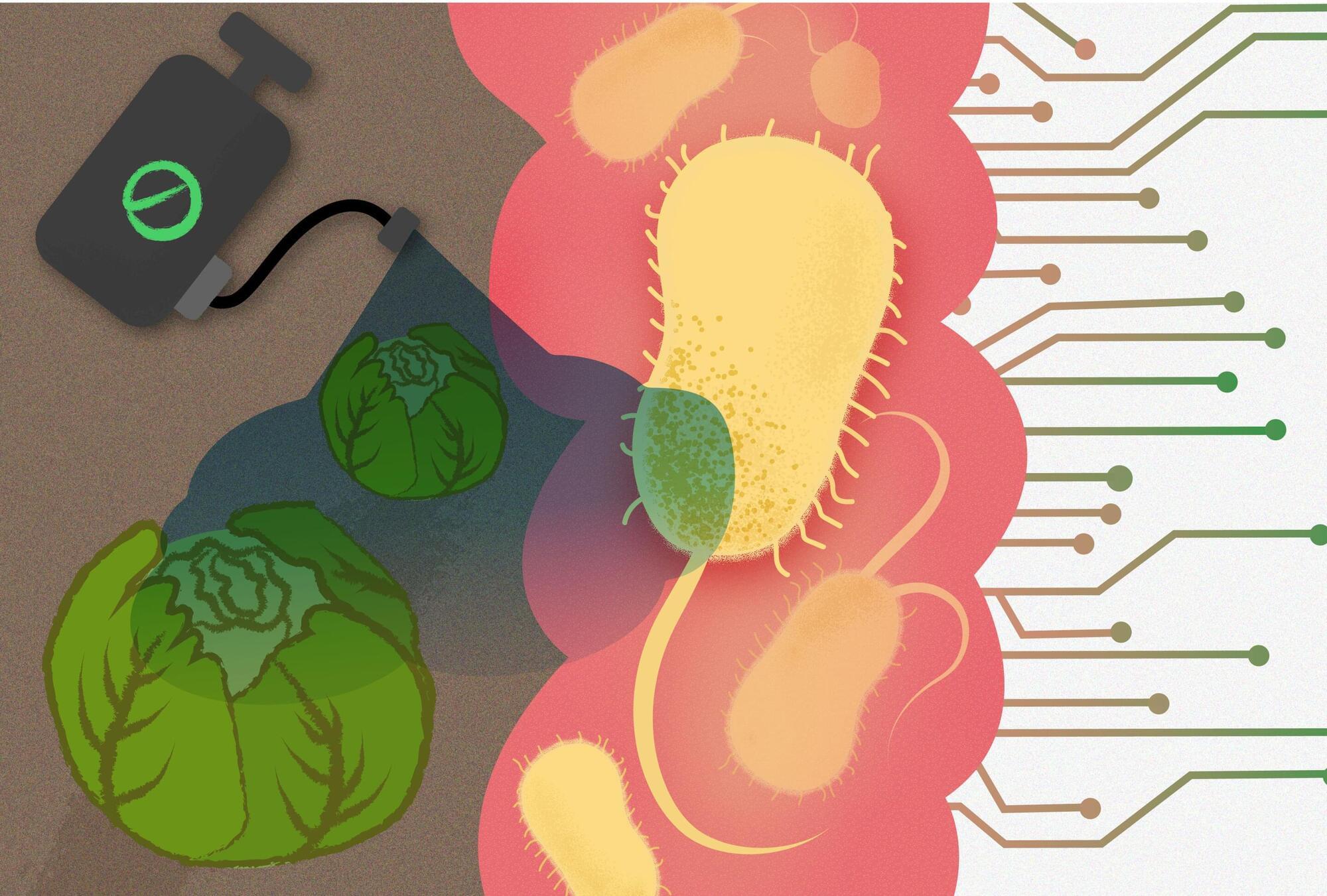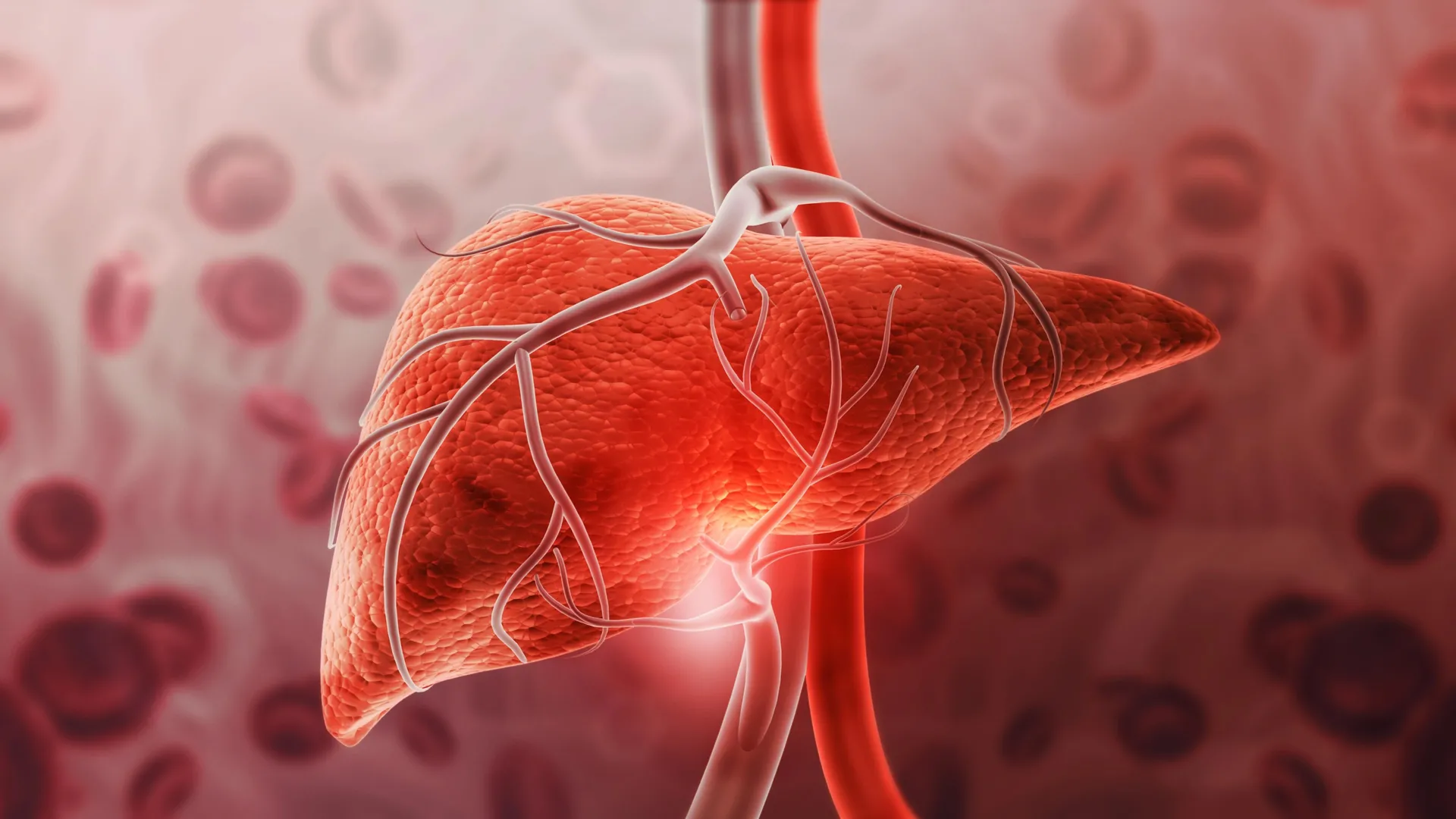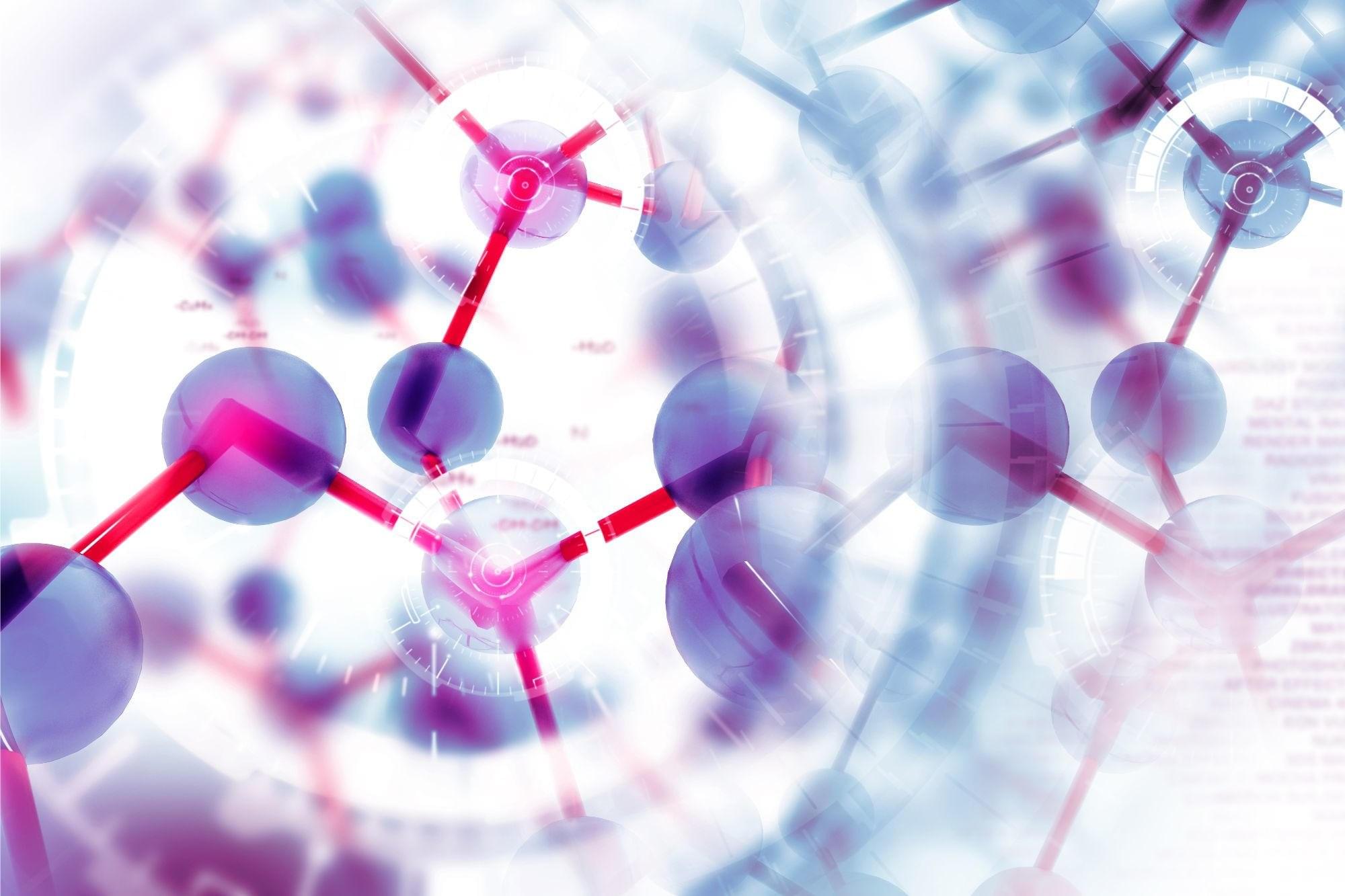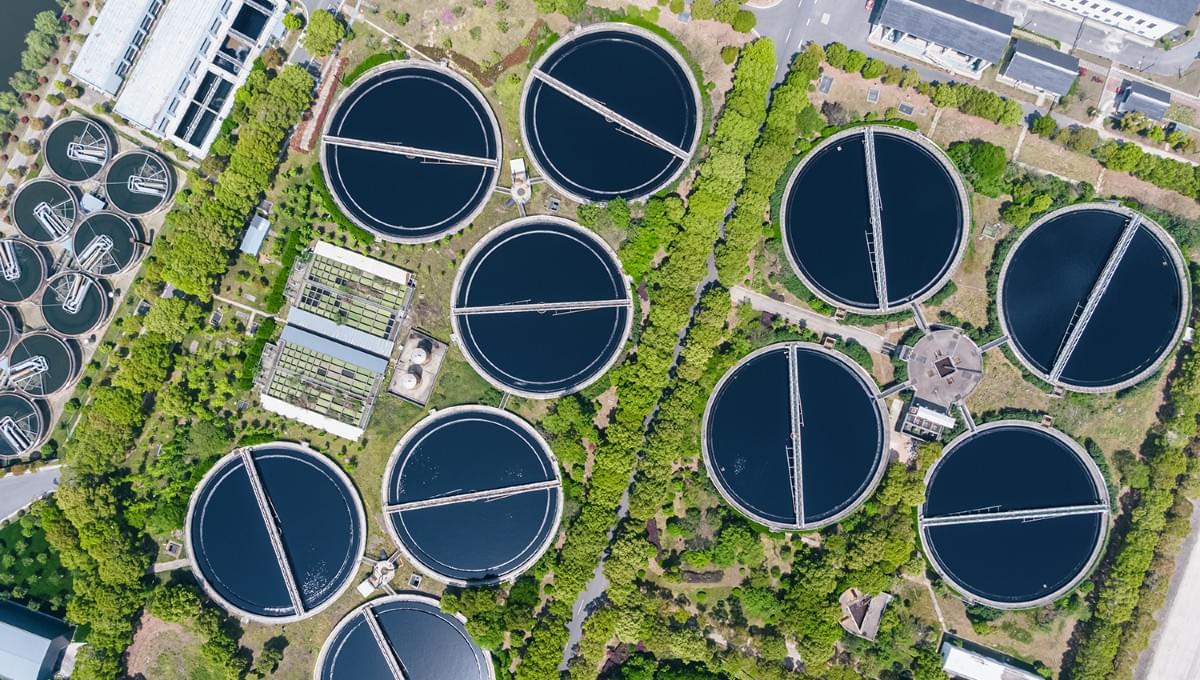PCE, a dry-cleaning chemical found in many everyday products, has been linked to tripled risk of serious liver damage. Scientists have uncovered a new environmental culprit behind liver disease: tetrachloroethylene (PCE), a chemical used in dry cleaning and household products. The study found that people with PCE exposure were three times more likely to develop severe liver scarring, even when traditional risk factors like alcohol or obesity were absent. The chemical is widespread in air, water, and consumer goods, making it a stealthy threat to public health.
Liver disease most often develops due to one of three major causes: excessive alcohol use, the buildup of fat in the liver associated with obesity, diabetes, and high cholesterol, or viral infections such as hepatitis B and C.
Researchers from Keck Medicine of USC have identified another potential cause of liver damage. A new study published in Liver International links tetrachloroethylene (PCE), a chemical widely used in dry cleaning and found in household products like adhesive glues, spot removers, and stainless steel polish, to serious liver harm.
